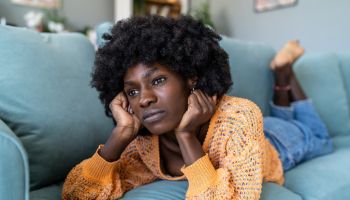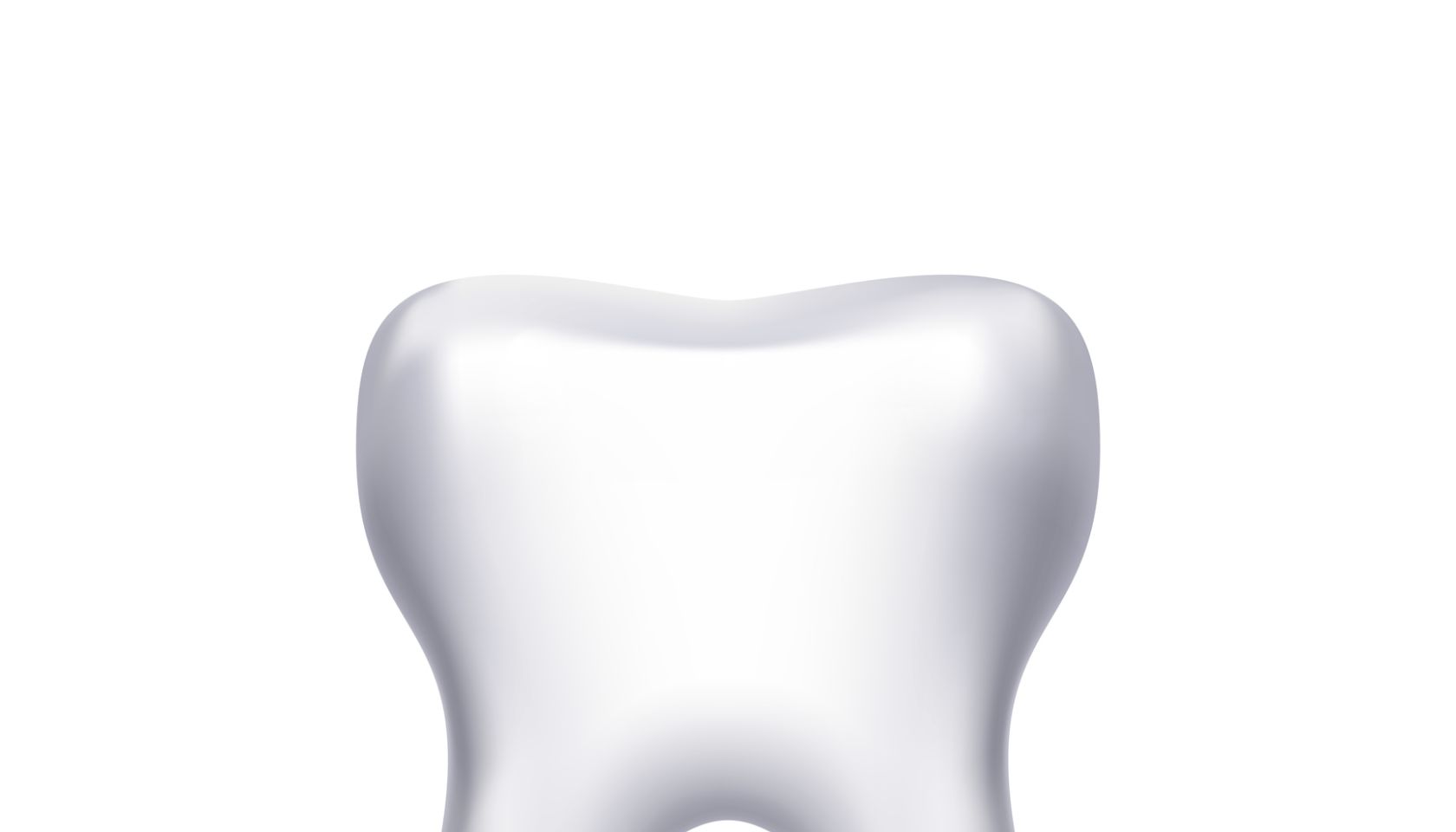Health
Black men deserve health care that feels safe and affirming with doctors who listen and systems that protect them.
Getting less than seven hours of sleep a night is a strong predictor of a shorter life expectancy. That’s according to a new study published Tuesday in the journal SLEEP Advances. Researchers found that sleep was more effective in predicting a shorter life expectancy than any factor except smoking. Sleep deprivation can be caused by […]
The actor Floyd Roger Myers Jr.'s passing is shedding light on heart health, something once viewed as an issue affecting older people.
The “2025 American Heart Association Guidelines for Cardiopulmonary Resuscitation (CPR) and Emergency Cardiovascular Care (ECC),” published today in the Association’s flagship journal, Circulation, marks the first full revision of lifesaving resuscitation guidance since 2020. Among the updates are expanded recommendations for managing choking and suspected opioid overdose, in addition to other lifesaving interventions. Each year, approximately […]
Health experts are emphasizing the importance of washing hands to prevent illnesses from being spread as we enter cold and flu season. The CDC says regularly washing your hands can help reduce the spread of germs, including respiratory illnesses by up to 21 percent. Doctor Allan Capin, an urgent care physician at the Cleveland […]
A breast cancer diagnosis can be life-shattering. Check out Black celebrity breast cancer survivors inspiring us.
The board-certified OB-GYN and star of Bravo’s Married to Medicine is expanding her mission to empower women by partnering with the makers of Nexplanon, the contraceptive arm implant.
Black women do it all, so our health needs more than willpower. Here are 7 essential vitamins every Black woman needs to thrive, not just survive.
7 Bible Verses to Help You Get Through Seasonal Depression As the days grow shorter and colder, many people find themselves struggling with seasonal depression. The lack of sunlight, colder weather, and isolation can weigh heavy on the heart. But God’s Word reminds us that even in our darkest seasons, His light still shines. If […]
Physical therapists say there are seven posture mistakes that make us look older. At the top of the list is slouching and jutting your neck forward when you’re texting. They say those two things alone can add years to our face. Others include standing with locked, rather than relaxed knees and uneven weight distribution, like […]
A new study shows many people don’t realize they have diabetes. Data published in The Lancet Diabetes and Endocrinology shows 44 percent of people 15 years and older who have diabetes are undiagnosed. Researchers looked over data from more than 200 countries from 2000 to 2023 for their study. More than ten-percent of people worldwide […]
Global Warming Is Impacting America’s Sweet Tooth A new British study shows that global warming is impacting America’s sweet tooth. Climate scientists at the University of Southampton say as temperatures rise, so does consumption of sugary drinks and desserts in the U.S. Americans — especially those with less money and education — drink lots more sugary […]











